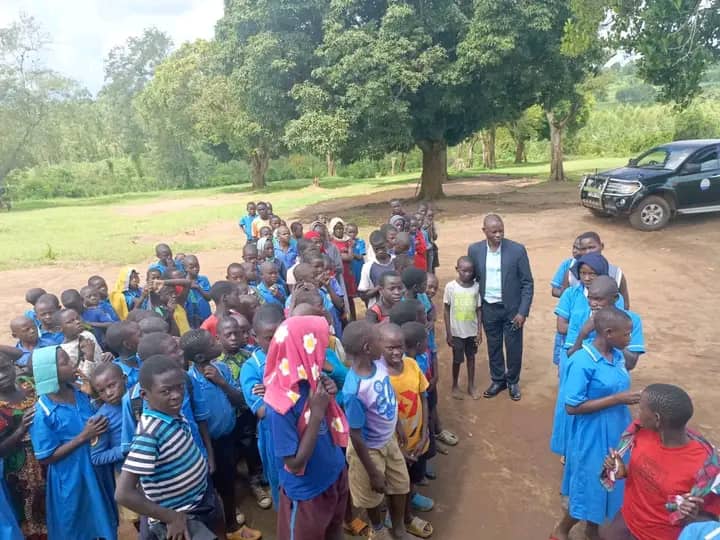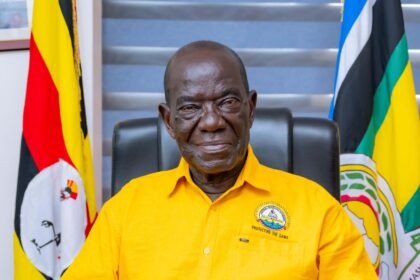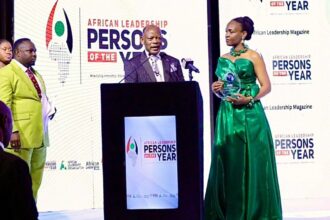The Kira Municipality lawmaker Ibrahim Ssemujju Nganda has warned that political parties are on the blink of becoming mere task forces unless President Yoweri Kaguta Museveni acknowledges that he can be democratically defeated through elections.
Ssemujju expressed his concern during a political show on NTV yesterday. He emphasized that after more than three decades of President Museveni’s rule, marred by contested elections and clear electoral irregularities, the very essence of Uganda’s democratic process is at stake.
He argued that the transformation of political parties into mere task forces will be as a result of the reluctance to accept electoral defeat by Gen. Museveni and his allies, a phenomenon that has hampered the growth of democracy in the country. He explained that for the past 30 years, Uganda has navigated the complex challenges of maintaining democratic principles and political pluralism.
“Yes, there are problems in every political party, that’s normal and we can deal with them using the constitution of political parties itself and also using the national constitution and other regulatory framework. But that is not happening because the aim was not to build political institutions in the country. Until Museveni has accepted that when you go in a political competition, you may win or lose and if you lose, you peacefully hand over power, then all political parties in Uganda are not going to function as political parties but they are going to be used as task forces to fight for freedom because that is the reality we face,” he said.
Nganda
added that Uganda’s political landscape has been destroyed by the involvement of military rule that has taken over the country disguised in the political party system yet in actual sense it’s military ruling even in the leading party.
“In fact, nobody should ever blame NRM because it does not exist, what we have is a military man with workers collected all over the country and whatever he says must never be subjected to question,” he said.
On the issue of the emergence of political party factions, Nganda also noted that it’s Gen Museveni’s hand behind disorganizations in most of the political parties because that’s his style of politics.
“Museveni wants to run Uganda’s political system the same way China does, he will seek to take over the political party and if he cannot he will either take part in it. The making of the 1995 constitution was supposed to lay a framework under which politics was going to be done in Uganda, you will have parties, presidents serving and living, and all that has been overthrown by Museveni even the constitution itself, no term limit, no age limit, no freedom of assembly, so we are back to square one before the 1995 lawbook,” he said.
Meanwhile, Ssemujju’s warning highlights the critical need for a more inclusive and democratic political landscape in Uganda. It is concerning that political parties might operate more like taskforces until President Museveni acknowledges electoral defeat. This highlights the importance of upholding the will of the people and conducting free and fair elections to sustain a strong and prosperous democracy in the country. I have corrected any spelling, grammar, and punctuation mistakes.
Do you have a story in your community or an opinion to share with us: Email us at Submit an Article








